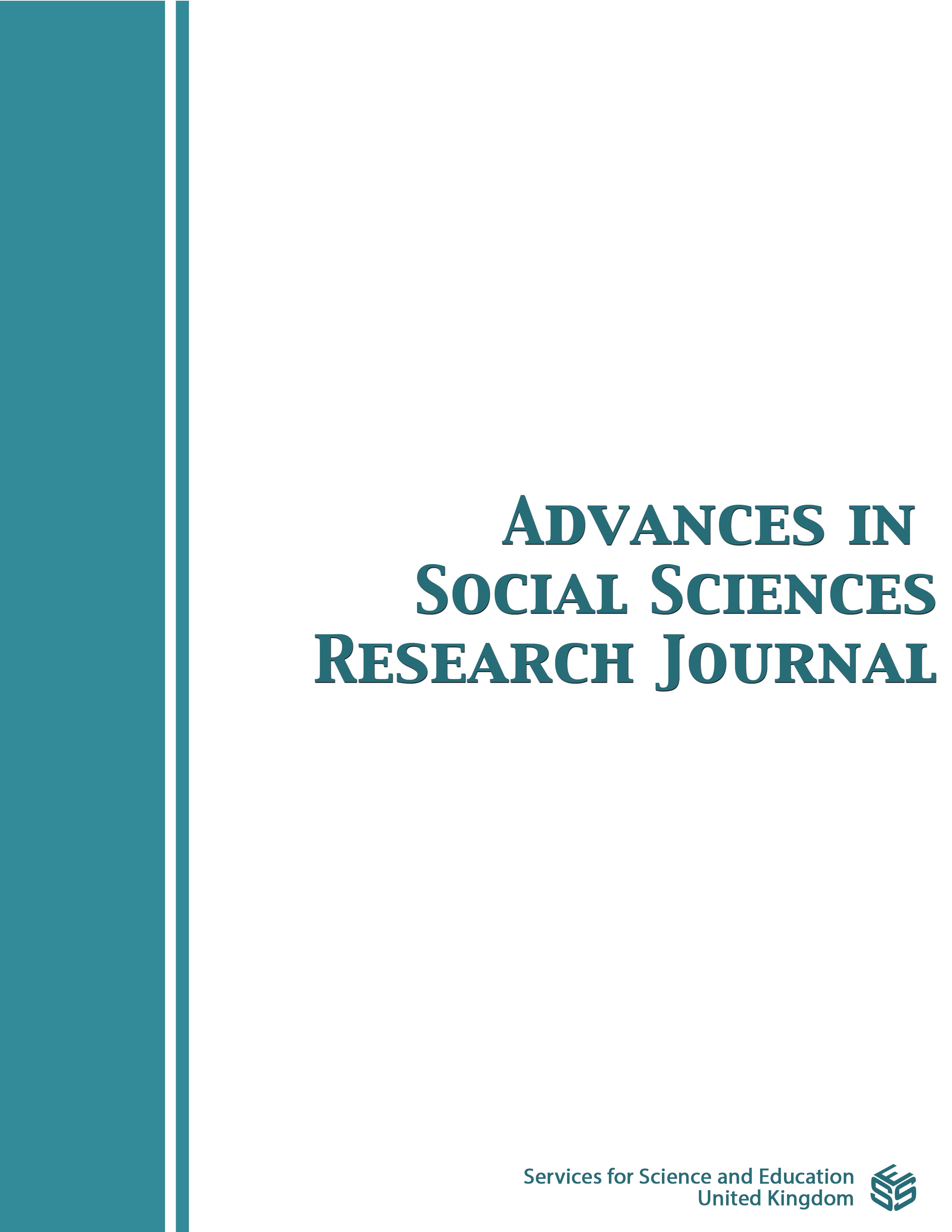Levels of Knowledge and Involvements in Behavioral Problems Associated with Use of Smartphone by In-School Christian Adolescents in North Central Nigeria
DOI:
https://doi.org/10.14738/assrj.106.14667Keywords:
Christian, adolescent, behavior problems, Smartphone, social media, level of knowledge, level of involvementAbstract
This study examined two main variables namely; the levels of knowledge and the levels of involvements in behavioral problems associated with the use of Smartphone by in-school Christian adolescents in North Central Nigeria. The behavioral problems examined were drawn from moral, social and religious. The design of the study was descriptive and the specific type used was survey as data was collected from a sample of 192 adolescents from three states namely, Benue, Kogi and Plateau. The sample was obtained using purposive sampling technique as only the adolescents who qualified on three criteria of being a student, must be a Christian or at best should go to church and also should own a Smartphone were used. The instrument for data collection was a questionnaire designed by the researcher titled “Behavioral problems associated with use of Smartphone Questionnaire (B-PAUS-Q)”. B-PAUS-Q was divided into three (3) sections, A, B, and C. and had 24 question items on moral, social and religious behavioral problems. The response option was on a 5 point rating scale. The B-PAUS-Q was administered by the researcher with the help of pastors in the churches visited in the three states. The data collected were analyzed using mean, standard deviation and t-test of dependent means. The results obtained were that: the in-school Christian adolescents had very high knowledge but very low involvements in the moral, social and religious behavioral problems that were measured. In addition, the three null hypotheses that were stated were rejected as there were significant differences between the in-school Christian adolescents’ levels of knowledge and levels of involvements in these behavioral problems. Based on these findings, recommendations were put forth to the Christian religious leaders, parents and teachers on the need for more surveillance, internet education, and discipleship classes or training for new converts particularly the adolescents and young adults.
Downloads
Published
How to Cite
Issue
Section
License
Copyright (c) 2023 Jacob Omede

This work is licensed under a Creative Commons Attribution 4.0 International License.
Authors wishing to include figures, tables, or text passages that have already been published elsewhere are required to obtain permission from the copyright owner(s) for both the print and online format and to include evidence that such permission has been granted when submitting their papers. Any material received without such evidence will be assumed to originate from the authors.






